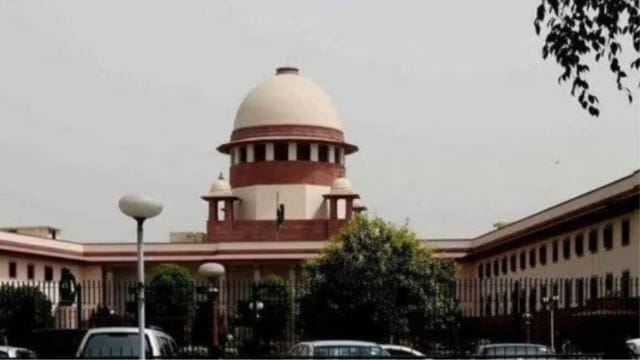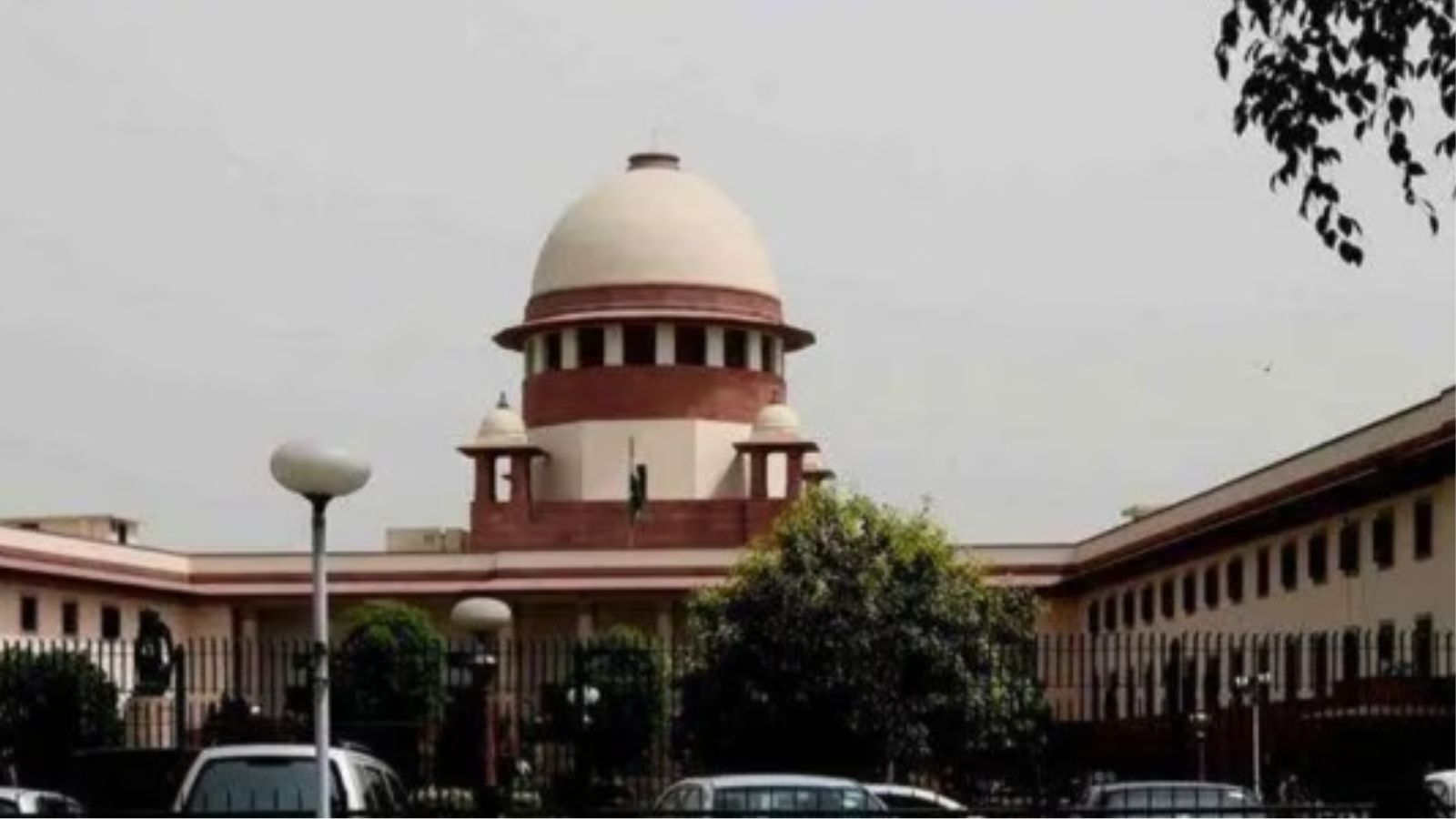
Given the nation’s current preoccupation with a sense of fear and disquiet over the oppressive processes of our criminal justice system, the Supreme Court’s recent pronouncements regarding the grant of bail in cases brought under stringent penal statutes have come as a welcome relief. The decisions have given hope to the accused against unconscionable deprivation of their liberty, reputation and privacy. The judgments speak for themselves.
In Manish Kumar Sisodia vs The Directorate of Enforcement (August 9, 2024), the Court expounded upon its mandate “…to lean in favour of constitutionalism and the rule of law of which liberty is an intrinsic path…”. It further held that “bail is the rule and jail an exception”, with the right to fair and speedy trial as implicit in the Right to Life under Article 21 of the Constitution. Following its eloquent exposition of the constitutional position in Sisodia, the Court, speaking through Justice B R Gavai in Kavitha vs The Directorate of Enforcement (August 27, 2024) reiterated that the “fundamental right to liberty provided under Article 21… is superior to statutory restrictions…” and that “…prolonged incarceration before being pronounced guilty of an offence should not be permitted to become punishment without trial…” Again, in Prem Prakash vs Union of India (August 28, 2024), the Court, speaking through Justice K V Viswanathan, held that “liberty of the individual is always a Rule and deprivation is the exception…” The Court ruled that “keeping a person behind bars for unlimited periods of time in the hope of speedy completion of trial would deprive the fundamental right of persons under Article 21…”.
Significantly, while interpreting Section 45 of the Prevention of Money Laundering Act, 2002 (PMLA) the Court declared that the words “reasonable grounds for believing” therein, require the court to see “if there is a genuine case against the accused…” based on “reasonable material collected during investigation…”. In relation to the statement of the accused in custody under the PMLA, the Court reiterated that the person in custody “is not a person who can be considered as one operating with a free mind…” and that “it will be extremely unsafe to render such statements admissible against the maker, as such a course of action would be contrary to all cannons of fair play and justice…”. In this context, the Court’s judgment ought to persuade the government to revisit the law and judicial processes for mandatorily fixing a reasonable maximum period of detention of the accused, without trial.
By reading the stringent statutory provisions in the light of its fundamental rights jurisprudence, the Court affirmed the primacy of the Constitution and of Article 21 in the hierarchy of fundamental rights. In another case, Frank Vitus vs Narcotics Control Bureau and Ors, decided on July 8, 2023 under the the Narcotic Drugs and Psychotropic Substances Act, 1985 (NDPS Act), the Court, speaking through Justice Abhay S Oka held that so long as the accused “is not held guilty, the presumption of innocence is applicable…” and that bail conditions that infringe the accused person’s right to privacy will be violative of Article 21. It ruled further that a bail condition which is impossible for the accused to comply with, cannot be imposed. Thus, by reading the necessary safeguards into the law, the apex Court as the final constitutional arbiter has decisively intervened to prevent infraction of the accused’s fundamental rights during the course of criminal prosecutions. The distinguished judges demonstrating “patience and gravity of hearing” have shown judicial statesmanship by suggesting that laws, noble in intent, but perverted in their application and non-deferential to the constitutional command cannot be the nation’s way forward for combating corruption and crime.
The value of these important rulings is located not only in their unquestionable constitutional merit but also in the intellectual integrity of the distinguished judges who have aligned law with justice, thereby investing the voice of libertarians with an impregnable constitutional imprimatur. Founded in reason and the sacrosanct nature of fundamental rights, these decisions will reinforce popular respect for the law in its larger function as a stabilising force. In the interstices of these judgements is a reassuring message that voices against injustice, even though muffled, will be heard at last and that justice will not be suborned to the rigours of law unconscionably applied. The pronouncements by the highest constitutional Court are a resounding judicial affirmation that the latent tension between unaccountable power and liberty will be resolved in favour of the latter. These judgments affirm that justice as the ultimate virtue is “…a standard to achieve and an ideal to reach…”.
The Court has vindicated justice, whose majesty is enshrined in one of the most cherished maxims of common law, “Fiat justitia ruat caelum.” [Let justice be done, though heavens fall] and has validated its own standing as “supreme in the majesty of duty and power.” Its jurisprudence on bail echoes the thought propounded by philosophers including Edmund Burke that freedom is a “…clause in the great primeval contract of eternal society… which holds all physical and all moral natures each in their appointed place…” [Edmund Burke, Reflections on the Revolution in France, 1866].
However, the cause of constitutionalism can be best subserved only if constitutional courts can proactively ensure the enforcement of their seminal edicts to vitalise a living constitution to fulfil its promise of a life of freedom and dignity for all. In an age defined by an absence of institutional deference, the authority of the Court as the nation’s moral arbiter will depend upon its readiness to hold the mirror to those in default of the Constitution and to reassure the nation that none will be condemned by accusation alone. Hopefully, the Court’s proclaimed libertarian philosophy will nudge political parties to revisit their politics in deference to constitutional imperatives. Lest we forget, the defence of inalienable human rights is the collective burden of the people as a whole and the institutions created by them.
The writer is senior advocate, Supreme Court and former Union Minister for Law and Justice. Views expressed are personal.
© The Indian Express Pvt Ltd
First uploaded on: 02-09-2024 at 19:43 IST



